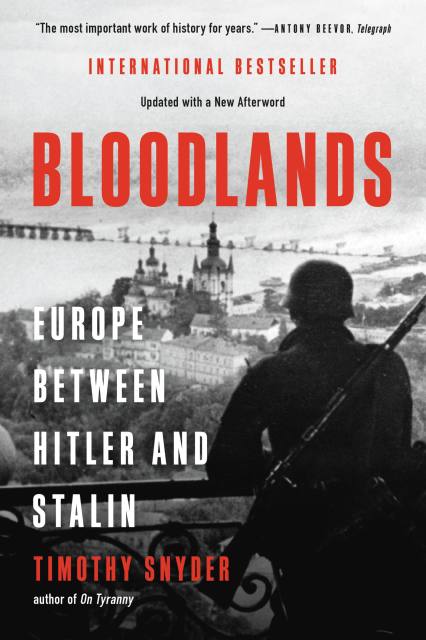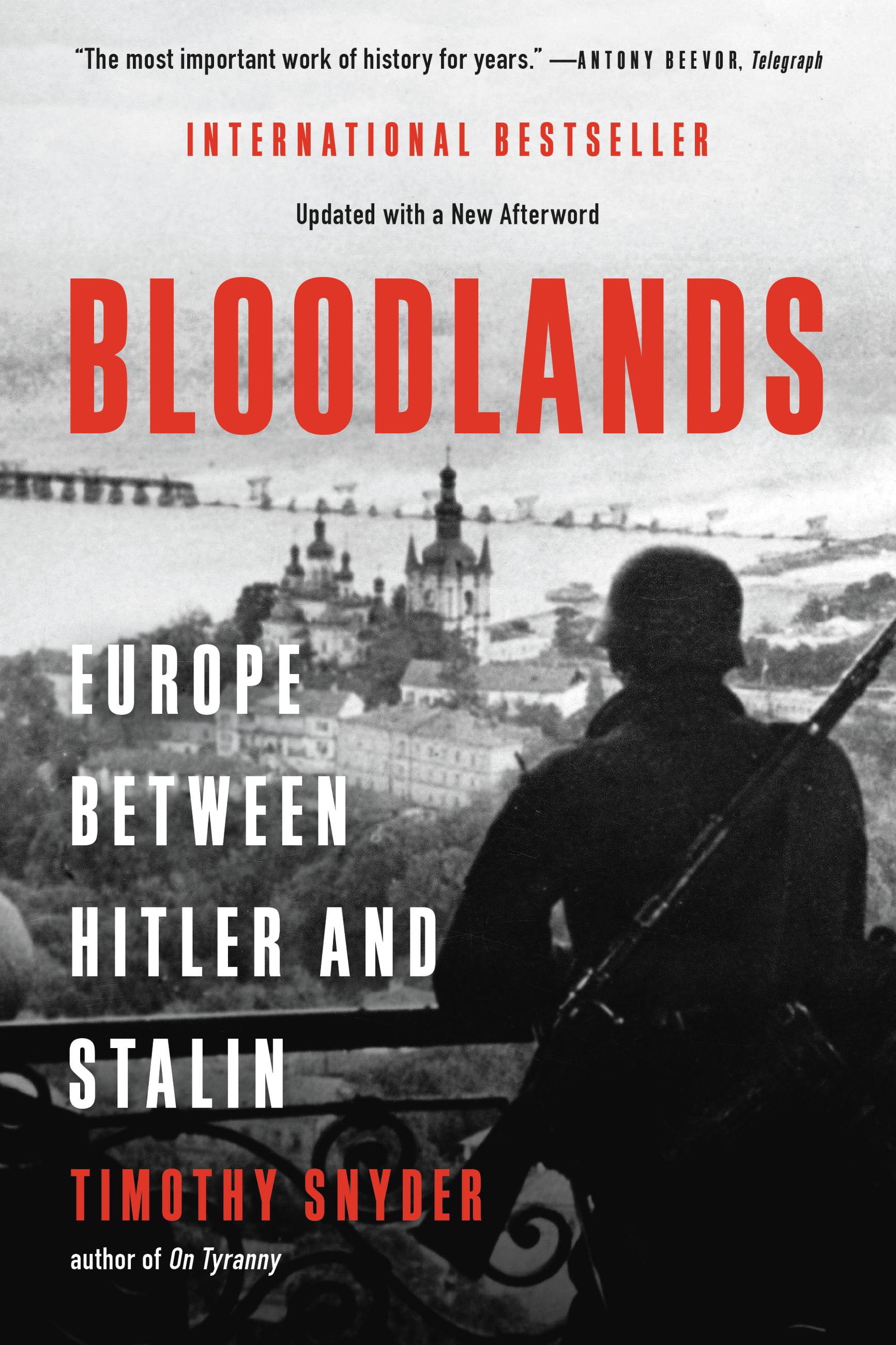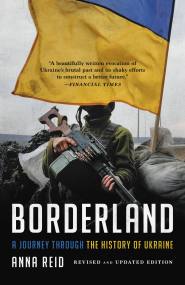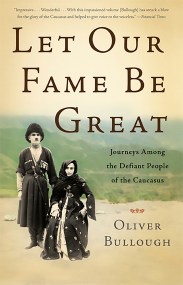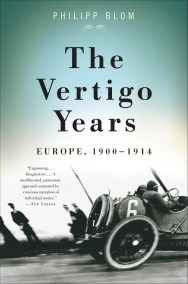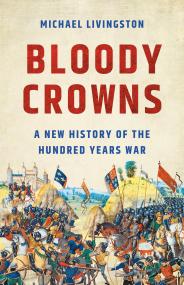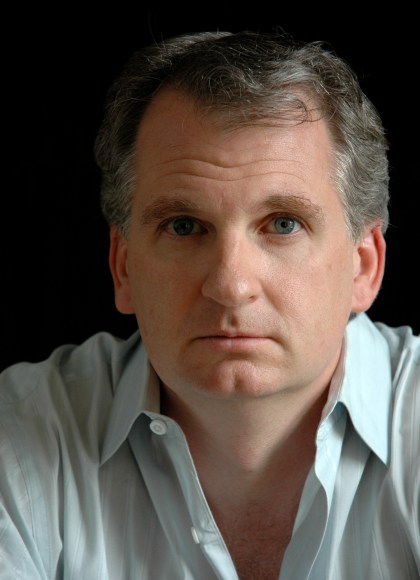By clicking “Accept,” you agree to the use of cookies and similar technologies on your device as set forth in our Cookie Policy and our Privacy Policy. Please note that certain cookies are essential for this website to function properly and do not require user consent to be deployed.
Bloodlands
Europe Between Hitler and Stalin
Contributors
Formats and Prices
- On Sale
- Oct 2, 2012
- Page Count
- 544 pages
- Publisher
- Basic Books
- ISBN-13
- 9780465032976
Price
$15.99Price
$20.99 CADFormat
Format:
- ebook $15.99 $20.99 CAD
- Audiobook Download (Unabridged)
- Trade Paperback $22.99 $29.99 CAD
This item is a preorder. Your payment method will be charged immediately, and the product is expected to ship on or around October 2, 2012. This date is subject to change due to shipping delays beyond our control.
Buy from Other Retailers:
From the author of the international bestseller On Tyranny, the definitive history of Hitler’s and Stalin’s politics of mass killing, explaining why Ukraine has been at the center of Western history for the last century.
Americans call the Second World War “the Good War.” But before it even began, America’s ally Stalin had killed millions of his own citizens—and kept killing them during and after the war. Before Hitler was defeated, he had murdered six million Jews and nearly as many other Europeans. At war’s end, German and Soviet killing sites fell behind the Iron Curtain, leaving the history of mass killing in darkness.
Assiduously researched, deeply humane, and utterly definitive, Bloodlands is a new kind of European history, presenting the mass murders committed by the Nazi and Stalinist regimes as two aspects of a single story. With a new afterword addressing the relevance of these events to the contemporary decline of democracy, Bloodlands is required reading for anyone seeking to understand the central tragedy of modern history and its meaning today.
Americans call the Second World War “the Good War.” But before it even began, America’s ally Stalin had killed millions of his own citizens—and kept killing them during and after the war. Before Hitler was defeated, he had murdered six million Jews and nearly as many other Europeans. At war’s end, German and Soviet killing sites fell behind the Iron Curtain, leaving the history of mass killing in darkness.
Assiduously researched, deeply humane, and utterly definitive, Bloodlands is a new kind of European history, presenting the mass murders committed by the Nazi and Stalinist regimes as two aspects of a single story. With a new afterword addressing the relevance of these events to the contemporary decline of democracy, Bloodlands is required reading for anyone seeking to understand the central tragedy of modern history and its meaning today.
Genre:
-
"A startling new interpretation of the period ... a stunning book."David Denby, New Yorker
-
"A superb and harrowing history."Financial Times
-
"Genuinely shattering.... I have never seen a book like it."Istvan Deak, New Republic
-
"A brave and original history of mass killing in the twentieth century."Anne Applebaum, New York Review of Books
-
"A magisterial work.... Snyder's account in engaging, encyclopedic."Foreign Affairs
-
"Gripping and comprehensive.... Mr. Snyder's book is revisionist history of the best kind: in spare, closely argued prose, with meticulous use of statistics, he makes the reader rethink some of the best-known episodes in Europe's modern history."Economist
-
"Snyder...compels us to look squarely at the full range of destruction committed first by Stalin's regime and then by Hitler's Reich.... A comprehensive and eloquent account."New York Times Book Revew
-
"A superb work of scholarship, full of revealing detail, cleverly compiled...and in places beautifully written.... Snyder does justice to the horror of his subject through the power of storytelling."The Sunday Times (London)
-
“A gigantic achievement in modern history.”Rachel Maddow, The Rachel Maddow Show
Newsletter Signup
By clicking ‘Sign Up,’ I acknowledge that I have read and agree to Hachette Book Group’s Privacy Policy and Terms of Use
